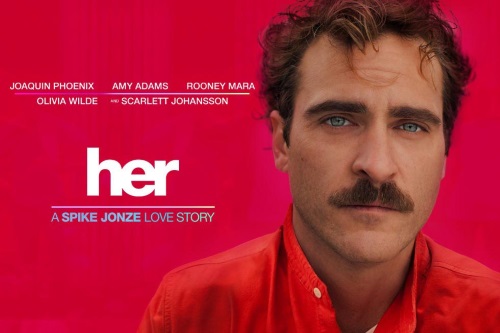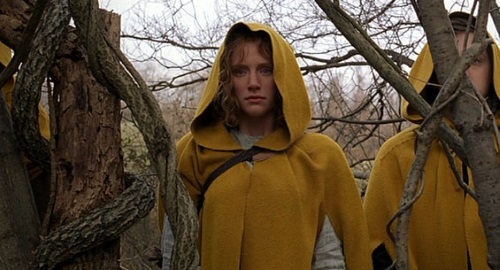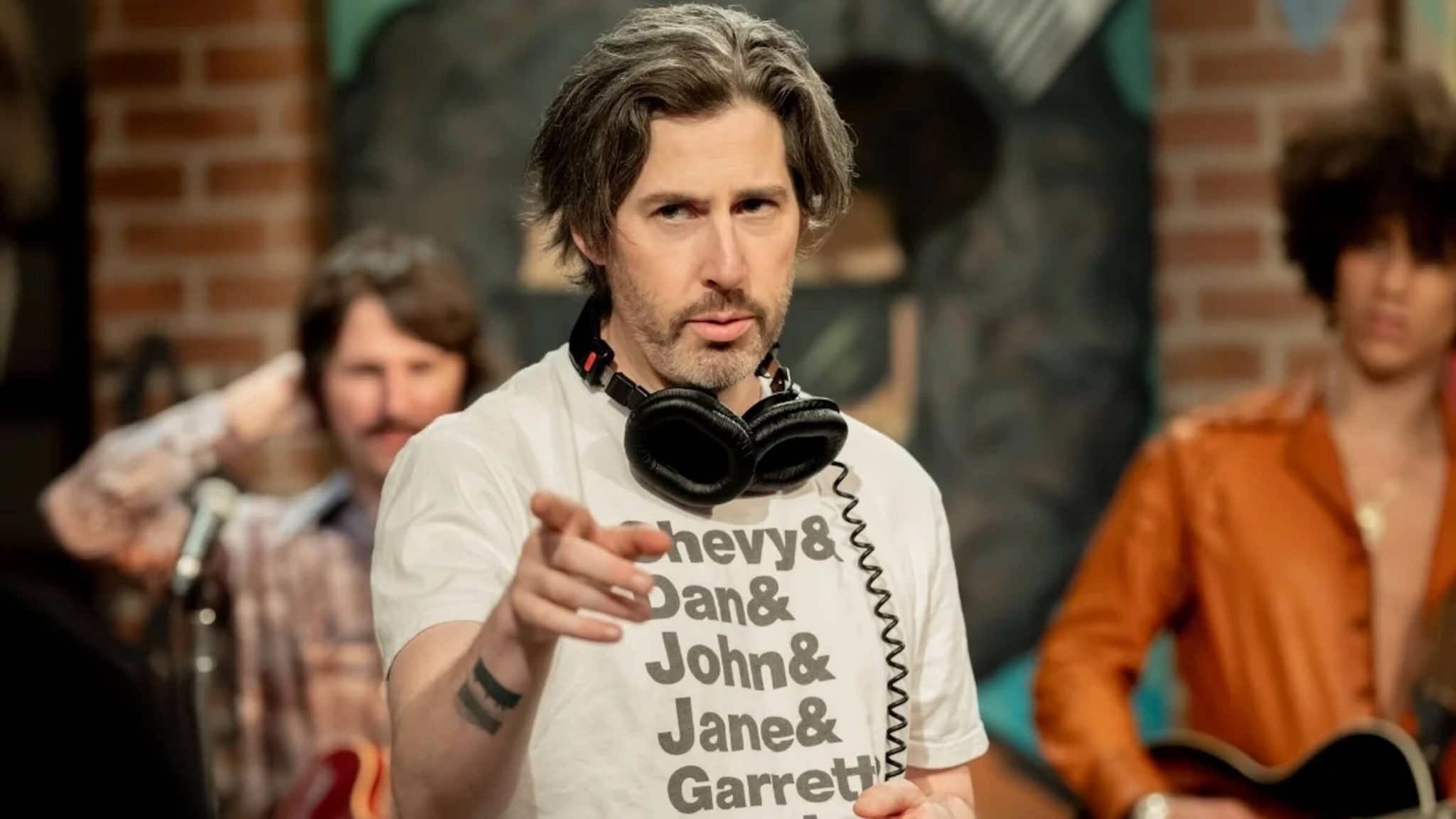Five Ways to Reconceptualize Your Conventional Screenplay

What do you do when you realize that your screenplay — or screenplay concept — is too conventional to pique the interest of Hollywood?
Yet another heist movie, vampire flick, Hangover clone, zombie scare fest, superhero retread, quirky dramedy, tired satire, Special Forces explosion fest, fish-out-of-water farce, Dystopia downer, Post Apoc survival story, end-of-the-world epic, talking-animal animated allegory, musical throwback, or fantasy fest!
We've seen them all — and then some.
And each year, for every successful Hollywood movie or trend, there are dozens of clones floating through the Hollywood script market. The next A Quiet Place, Get Out, La La Land, Wonder, John Wick, Bad Moms, Lady Bird, The Big Sick, The Martian, Hidden Figures, Arrival, etc. And then you can rest assured that there are dozens — if not hundreds — more of those clones lingering outside of the script market in screenplay contests, fellowship competitions, and email queries. The same cup of tea with a few changes here and there.

It's often the result of too many screenwriters writing their versions of stories that have already been told on the big and small screens.
So how do you combat that subconscious habit of writing conventional screenplays? How do you escape from the cinematic hole that you've dug yourself into — either subconsciously or by watching as your original screenplay is pushed aside by a similar movie that hit the jackpot before yours even made it into the conversation?
Before you place that script on the real or virtual shelf for it to collect endless dust, know that you can always reconceptualize your screenplays and mold them into something unique, new, original, or at the very least, different.
1. Switch the Gender of the Lead Character
Sometimes this is all that you need to shift your characters, stories, and concepts into a whole different gear.
If you have a male-dominated genre (action, adventure, war drama) that your script centers on, switching the lead character's gender from male to female can create a whole new dynamic for not just the character, but for the story and concept as well.
If you have a female-dominated concept (spouse dealing with the loss of a husband, the search for love) that your script is built around, transforming that female lead into a male character can offer many additional opportunities to flip those otherwise conventional storylines.
The Angelina Jolie-starring box office hit Salt was originally a male role with Tom Cruise attached.

The critically-acclaimed Battlestar: Galactica remake-series gender-switched the pivotal and iconic role of Starbuck from male to female, creating an even better character while keeping the otherwise male-centric traits of the original version, but applying them to a strong female role.

When the gender is switched, you have an opportunity to rewrite the story with the added element of playing with the conventional tropes and traits of each gender and the concept and conflicts that they face — leading to an intriguing and original take on what may have otherwise been a conventional script.
2. Switch the Story Location
Location, location, location. In the real estate business, it's everything. In the film and television business, it can make or break your screenplay.
What if you have a conventional story about a group of characters that are forced to struggle to survive amidst a sinking ship or burning building? We've seen those movies. But what if you changed the location to, say, space? Would that make a difference?
Titanic in space has likely been attempted by a screenwriter or two, but we haven't seen it in the theaters yet, so maybe there's time.

The Towering Inferno on the moon may seem silly, but with the right application, it could be a smash hit.
These may be terrible — or brilliant — concepts, but the point is to get your creative mind thinking of different places that could change the flow of your script. It could be the boost that carries it from something we've seen to something we didn't know we wanted to see.
3. Switch the Time Period
This does apply to Titanic in space, for sure. But we could also see Dances With Wolves on another planet (in a much better and more contained way than Avatar) to showcase a future version of that story.

If you have a bank heist flick set in complementary times, why not switch it to Old West of the mid-to-late 1800s? Doing so would offer the chance to adapt the otherwise familiar tropes of that subgenre — given the challenges of the time period switch where technology is limited and hacking into any "system" is science fiction.
Or maybe you have a romantic comedy that you can take from present times to the past or future?

Or maybe play with the time period a bit in creative ways?

Whatever your creative mind conjures, switching the time period can offer a simple backdrop setting that will be new to audiences within whatever genre you're writing in, or it can create wonderful conflicts that add to the story and character arcs within your script.
4. Switch the Genre
There once was a thriller script that had a storyline about a blue-collar mathematics genius that was being pursued by the government recruiting him to be a crypt-analyst spy.

That script was Good Will Hunting. Screenwriters Matt Damon and Ben Affleck had Rob Reiner review the script. He immediately told them to get rid of the FBI plotline and focus on the characters. Legendary screenwriter William Goldman was given the same draft of the script to read and review for one day. When he sat down with Damon and Affleck, he said, "Rob's right. Get rid of the FBI stuff. Go with the family, go with Boston, go with all that wonderful stuff."
The rest is Oscar-winning history.

Switching the genre of your story can be the answer to all of your problems. Maybe your romantic comedy will play better as a character-driven drama? Maybe your Western would play better as a space opera? Maybe your thriller could be implanted into a comedy?
Like the gender, location, and time period switches mentioned above, a genre-switch could take that otherwise conventional script and make it groundbreaking.
Read ScreenCraft's Do you REALLY Know What Genre Your Screenplay Is?
5. Switch the Medium
Westworld was originally a hit 1973 science fiction feature film. It was bound to be remade in the 21st Century.

However, the producers who got hold of the rights decided to take the concept to a different medium — television.

Sometimes your feature script would play better as a series. The reasons are aplenty. Maybe the scope of the story you created is so wide that it can't be contained within a two-hour feature? Maybe the series you've created has a concept that is too stretched-out, suffering from the need to account for a four-season TV series arc — thus a feature script may be the better option?
If you find that you have too much story to cover in your feature script, consider adapting the first act of it into a series pilot — especially given the fact that television is all of the rage right now.
If you discover that you don't have enough story to cover a full series season — let alone multiple seasons — perhaps it's best to condense everything into a tight, thrilling feature.
Some concepts are better for the big screen. Others are better for television. Some can even play on both sides of that industry coin. Take a chance and just, for one moment, envision your script in that other medium across the way. Perhaps the fates are calling you to step across those lines and find another platform for your story?
Too many screenwriters toss their scripts away when Hollywood isn't biting. How many great television shows or feature films have audiences lost out on because of this?
If Hollywood is less than interested in what you have to offer, try to reconceptualize what you have before you toss that script aside for good.
Switch the gender of the lead character. Set the story in a different location, a different time, or a different genre. Widen your sights to a television series or compact the best of what you have to an amazing two-hour cinematic ride.
Just know that you have many options before throwing that script on the dusty shelf where no one can find it.
Ken Miyamoto has worked in the film industry for nearly two decades, most notably as a studio liaison for Sony Studios and then as a script reader and story analyst for Sony Pictures.
He has many studio meetings under his belt as a produced screenwriter, meeting with the likes of Sony, Dreamworks, Universal, Disney, Warner Brothers, as well as many production and management companies. He has had a previous development deal with Lionsgate, as well as multiple writing assignments, including the produced miniseries Blackout, starring Anne Heche, Sean Patrick Flanery, Billy Zane, James Brolin, Haylie Duff, Brian Bloom, Eric La Salle, and Bruce Boxleitner. Follow Ken on Twitter @KenMovies
For all the latest ScreenCraft news and updates, follow us on Twitter, Facebook, and Instagram.
Tags
Get Our Screenwriting Newsletter!
Get weekly writing inspiration delivered to your inbox - including industry news, popular articles, and more!



























